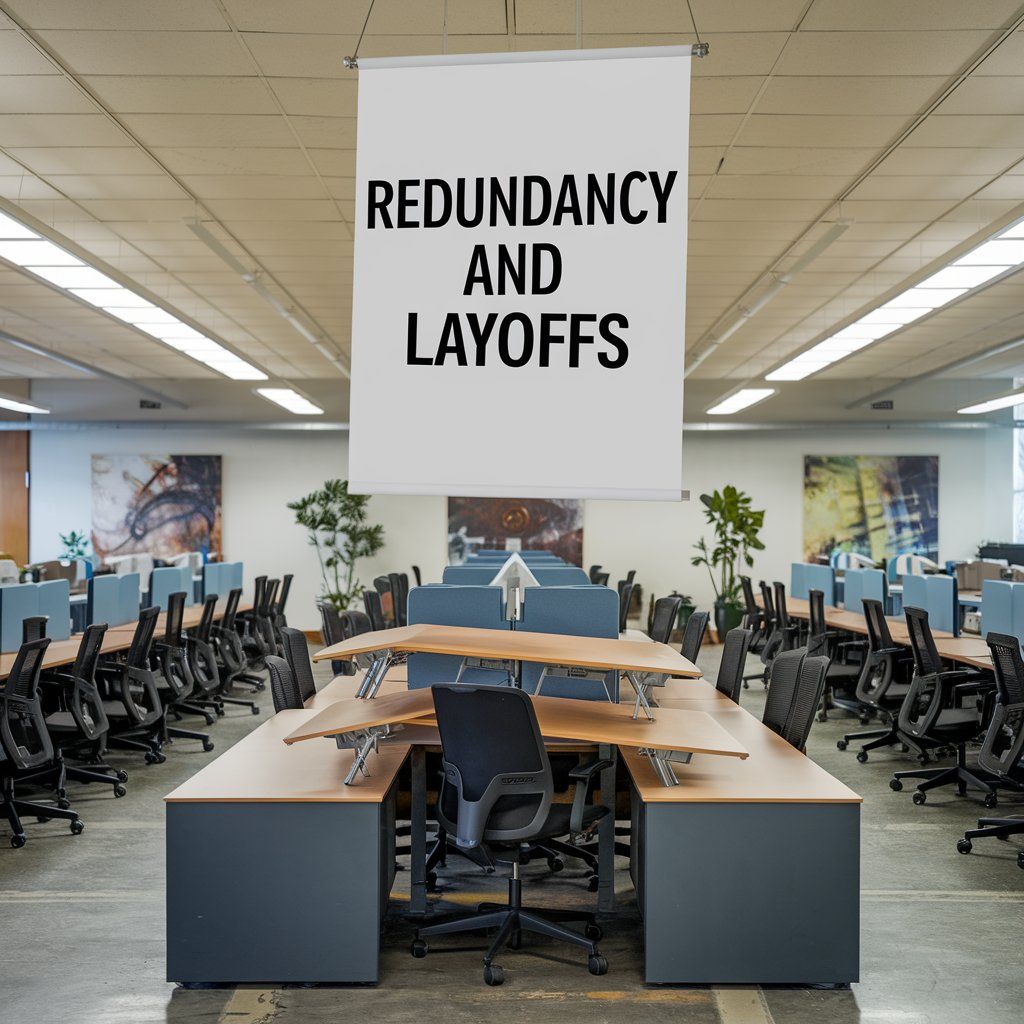Quick guide to legal disputes
The most common disputes we come across fall into the following categories, financial disputes, neighbour disputes, employment disputes, landlord and tenant disputes and consumer disputes.
In these quick guides we’ve outlined your steps for our most commonly seen disputes.
Financial disputes
Financial disputes generally arise when a person believes another person or company owes them money. This can be down to a number of reasons including a contractual claim, or negligence on the part of the other party, or simply a debt.
For claims of money owed of £10,000 or less you can make a claim which will probably be listed in the small claims track. A small claim is a court process which is designed specifically for smaller, simpler disputes over money or items valuing £10,000 or less.
Our Litigation team can help you by completing the claims paperwork to make sure it is correct before submitting it or you can do it yourself. We offer advice for every step involved and you can dip in and out of our advice, asking us to deal with as much or as little as you would like.
Claims over £10,000 can also be issued through the County Court. If you are successful in your claim you can request the Defendant contribute towards the legal fees you have incurred. Equally, if you are unsuccessful you may be ordered to pay the Defendants legal fees. Again, our experienced Litigation team are on hand to help guide you, and we would advise that legal advice is sought throughout this process
There will be a court fee to issue your claim and the fees can be checked here
https://www.gov.uk/make-court-claim-for-money/court-fees
Neighbour disputes
Neighbour disputes are wide ranging but most commonly tend to fall in to these areas:
- Boundary disputes
- Noise/nuisance disputes
- Planning disputes
In many cases you can communicate with your neighbour directly and come to a mutually agreeable conclusion.
Of course, in some cases, this may be easier said than done. Further action should be taken against your neighbours if the issue is unreasonable or substantially interrupts the use or enjoyment of your home or premises, or if you feel the issue is impacting your health. In these situations you may need to instruct solicitors to provide you with expert legal advice.
You will also need to instruct solicitors if there is some confusion as to what your respective rights are in relation to the boundary on your property, if your interpretations of the Land Registry title documents or the property deeds do not provide clarity or are not agreed by each party.
Employment disputes
Employment disputes usually fall in to three categories:
- Grievances - where you raise concerns, problems or complaints with your employer.
- Disciplinary – where your employer has concerns about your work, conduct or absence, or you wish to discipline an employee.
- Contractual issues – where disagreements may occur over something within the employment contract
The first step would be to speak to your employer/employee to see if the issues can be resolved informally. Should this not be possible then formal action can be taken.
If formal action is taken or contractual issues are not able to be agreed between both employer and employee then it is best to seek legal advice to see what your legal rights are. Our expert
Civil Litigation team are on hand to offer you guidance and make sure your legal rights are not being breached and can advise you in relation to any claim to the Employment Tribunal or County Court, or give you advice in relation to a Settlement Agreement to record any agreement you may reach.
Landlord and tenant disputes
Landlord and tenant disputes can arise over many issues. It could be that the property is not in a good state of repair, there are rent arrears, or you may simply need to have the property returned to you if you are the Landlord.
A great first step to try and avoid issues in the future it to make sure the tenancy agreement is correct and you are happy with the terms before signing. It may be that you need to make amendments or changes to your agreement to make sure it covers what you want. Our team can check these for you or create new agreements for you. In addition the legislation surrounding tenancies is a mine field and a Landlord is required to serve lots of information on the tenant at the beginning of the tenancy to ensure they are able to recover possession later down the line. We can advise you on this to ensure you meet all regulatory requirements.
Like in most disputes, trying to get both parties to communicate informally to resolve the issue is the best outcome as it is less costly and time consuming. However, this is not always possible and in some cases it can cause issues further in time as there is nothing officially documented as to what was agreed. As soon as either party feel there is an issue that cannot be informally resolved then we recommend seeking legal advice before things escalate and become more complex. Our
Civil Litigation team are here to offer help and guidance to landlord and tenants on their rights and obligations.
Consumer disputes
We recently did a blog focusing on consumers rights but at a glance the steps to take should you find yourself with faulty goods are as follows.
STEP 1. Contact the retailer
Tell them you want to reject the item and would like a full refund. If the item is genuinely faulty and 30 days have not elapsed since the purchase, you should get a refund.
You will probably need to provide proof of purchase but remember this doesn’t have to be a receipt. It can be a credit card or bank statement, a cheque stub or any other evidence
STEP 2. If the retailer rejects your claim
Check to see if the faulty goods are covered by the manufacturer's guarantee. If they are then tell the manufacturer about the fault and ask for a refund.
STEP 3. If neither the retailer nor manufacturer offers a refund
Write to the retailer again formally rejecting the faulty goods under the Consumer Rights Act 2015. Explain that you will take the matter further.
STEP 4. If the retailer still does not offer a refund
At this point you may want to consider getting the item replaced or repaired instead. If, however, you are adamant that you want a refund, you may be able to take the case to the court.
STEP 5. Seek legal advice
If none of the above has worked it is now a good time to seek legal advice to assist. Our
Civil Litigation team can send a formal “letter before action”, which is often enough to get a positive response from the seller.
STEP 6. Taking it to court
Taking a case to court should always be a last resort and we advise doing all the above steps before considering taking it further. But sometimes these steps won’t work and cases do end up in court. Please refer to our financial disputes sections further up for more information.
How can we help you?
Our experienced team are here to help you resolve any dispute you may have. We will be able to:
- Assess your claim
- Provide an estimate for how much the costs will be
- Provide possible outcomes
- Look for options that avoid court
- Guide you through the whole process
- Communicate with the defendant on your behalf
- Serve the defendant or court with your claim or intention to take legal action
- Represent you in court
- Enforce judgments made by the court
Contact Us




